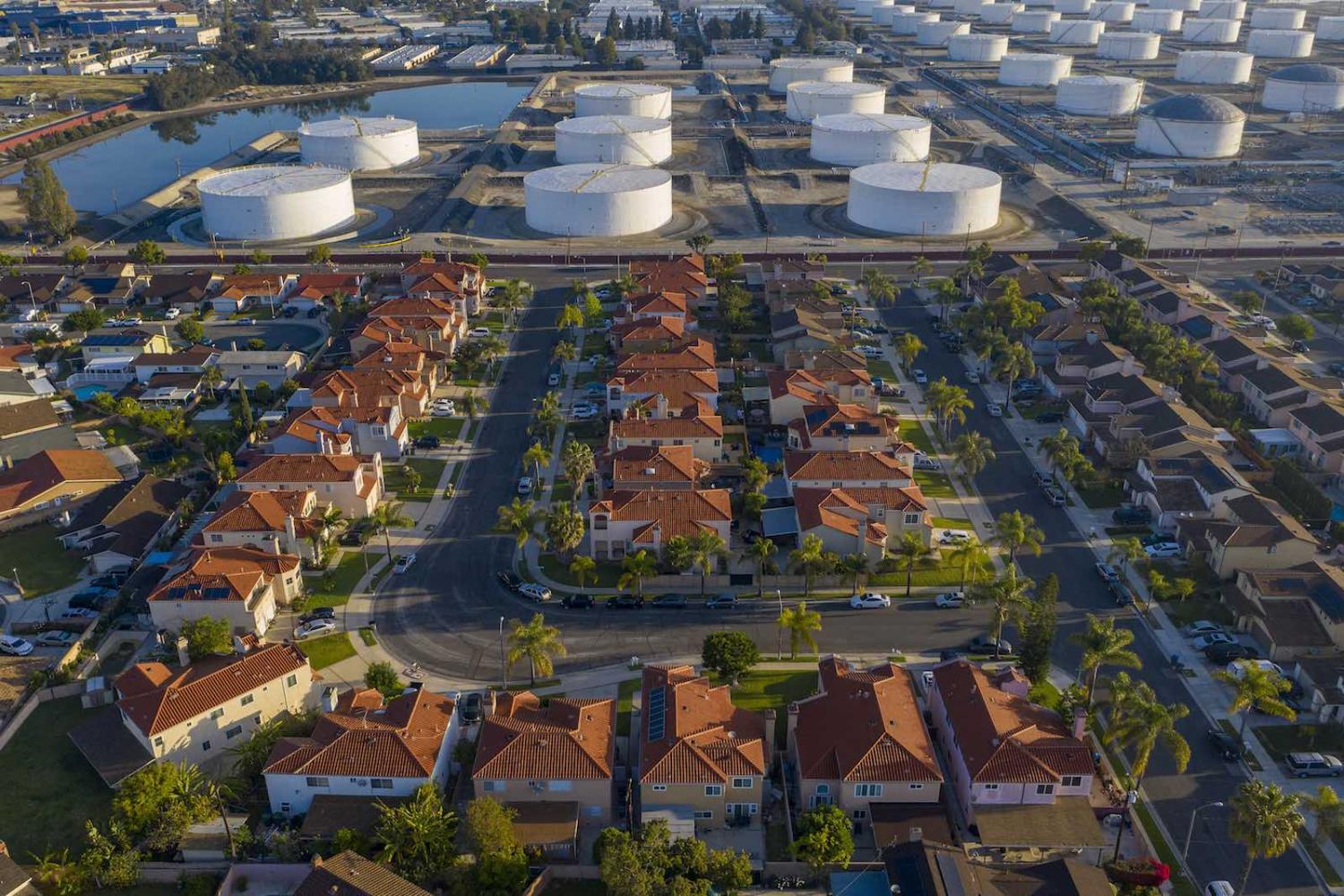I am writing this from inside an apartment in Melbourne, Australia. A crisp, cool breeze ripples in through the window, as it has done in all autumns past and will do in autumns to come. In between, though, there is something new: a season of unravelling.
We are all speaking an altered language now. Some words, such as pandemic, are familiar from movies and boardgames. Other words only to experts: social distancing, flattening the curve, contact tracing. A few are unfamiliar to the younger generations – stockpile and economic depression – or to those who live in liberal democracies: lockdown.
The new normal is one of collective surprise. We barely have time to register each alien term before we must learn another. It shows us how quickly we can adapt – and how much we need to learn from experts at the best of times, not just the worst.
Covid-19 and climate change are not one-chapter stories. They come with a start, middle, and end.
The learning curve is steep. In this pandemic, how do we behave? How do we respond? How do we meld our new words with old words, such as community, responsibility and health?
We are left speaking a foreign vernacular, without enough of us knowing what it means. This is reflected in reactions around the world. Since Covid-19 erupted, country after country has struggled to keep pace with the pandemic. Infections have risen exponentially, fed by sluggish and inadequate government action, confusing messaging and delayed public realisation.
Despite social distancing advice, people still crowded onto beaches in Australia, holidayed around the UK, gathered at bars and restaurants in the US, and travelled to Mexico for spring break. Politicians continued to stand shoulder-to-shoulder and shake hands at events. In a growing number of countries, small but vocal groups are now gathering on streets to protest lockdown restrictions against the backdrop of rising death tolls and vulnerable health systems.
In some nations, such as Lebanon and Russia, protests are driven largely by economic hardship. In others, notably the US and Brazil, they have a distinctly libertarian tone, with presidents and protestors alike dismissing the Covid-19 threat as a hoax or unjustified hysteria.
There are parallels here to another global challenge that looms over us: climate change. Both force us to confront and question deeply entrenched social and economic structures. Both require onerous immediate action for a distant and delayed benefit.
And for both, the response of governments continues to be overwhelmingly reactive rather than proactive, due not to lack of knowledge, but rather to ideological filters and the sidelining of expertise.
Covid-19 and climate change are not one-chapter stories. They come with a start, middle, and end. The start is the same: a world that is globalised but still territorial, torn between the industrialised and industrialising, and divided by wealth, power, and values. It is a world in which a person’s response to scientific challenges – such as the novel coronavirus or climate change – can be predicted based on political and party affiliations, and where misinformation is rife.
Their next chapters are similar, too. Just as climate scientists have been sounding the alarm for decades, public health experts have repeatedly warned of the inevitability of large-scale infectious disease outbreaks, including the current SARS-like Covid-19. Yet, just as climate change action has been stymied by a war of words, politics, and division, research into and planning for future pandemics has been handicapped by short-term memories and lack of prioritised funding.
We are living the finale of the Covid-19 story now, in a locked-down world, where millions are afflicted, cities are silent and medical systems overwhelmed. But there is space for an epilogue, which we are still to write.
That epilogue should reflect on lessons hard learned and give primacy to words we undervalued before. At the national level, they are words such as expertise, independence, and leadership. At the international level, they include terms such as cooperation, generosity, and courage. Most importantly, the epilogue must discredit divisive notions, such as us and them.
So far, the Covid-19 and climate change stories have run in parallel. As we turn the pages, the events leading to their postscripts will be critical. They will determine whether we continue on parallel paths or manage to reroute to different, more positive conclusions.
For climate change, the story is at a precarious point. The Paris Climate Agreement – which exhorts countries to look outward and act to limit global warming this century to well below 2°C above pre-industrial levels – is looking increasingly thin. Many governments are failing to meet their pledged, and already insufficient targets, and the US is formally withdrawing from the Agreement in November this year.
Outside, the pandemic silently rages. Inside, so do the people. As the climate continues to change unnaturally, so too must we – people and governments alike. Covid-19 is upending our assumptions, expectations, and behaviours. However, it is also showing us what is possible at either end of the spectrum – both apocalyptic and optimistic.

